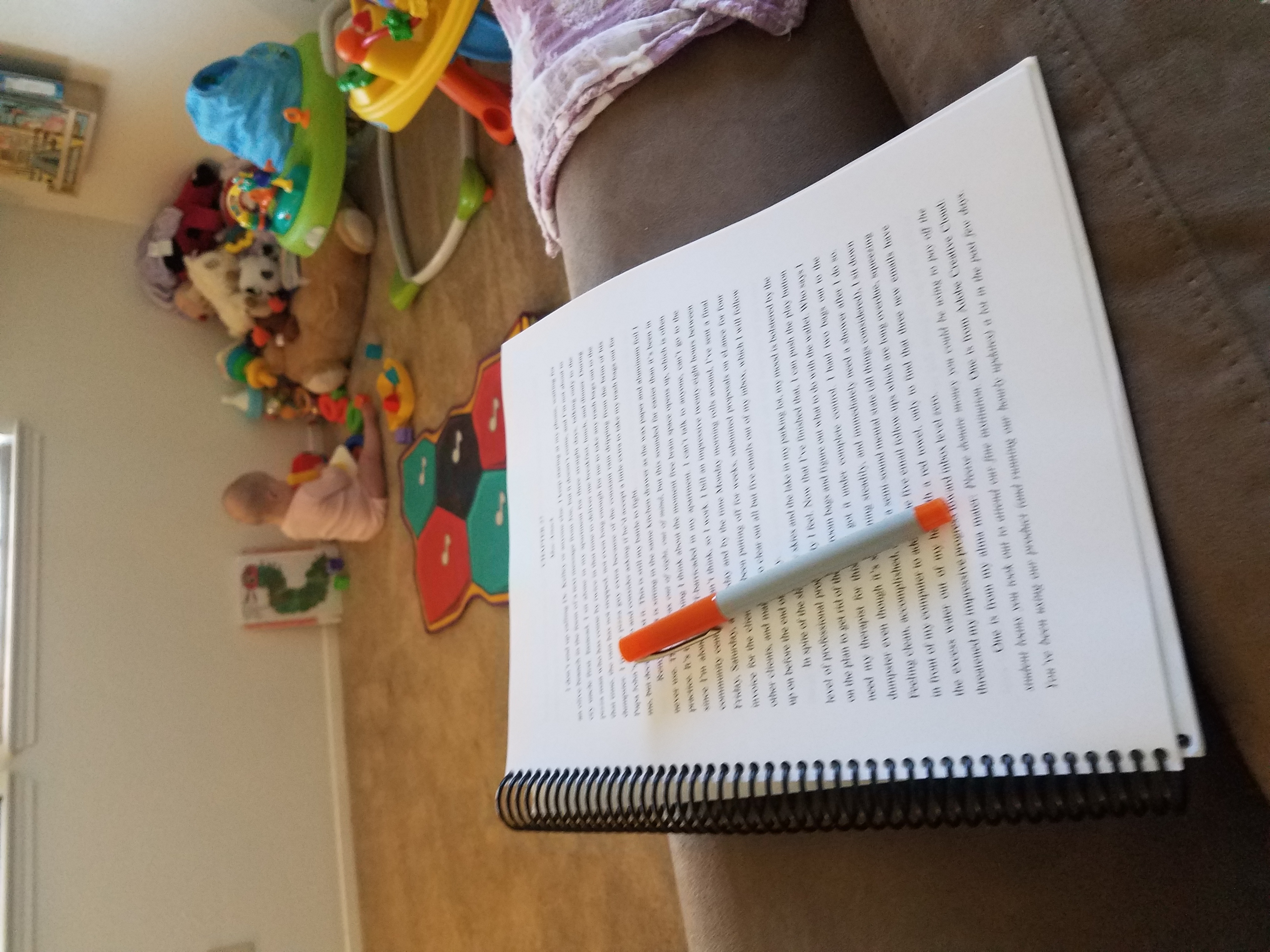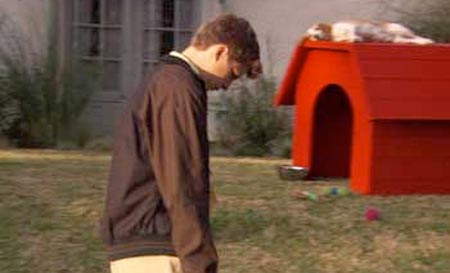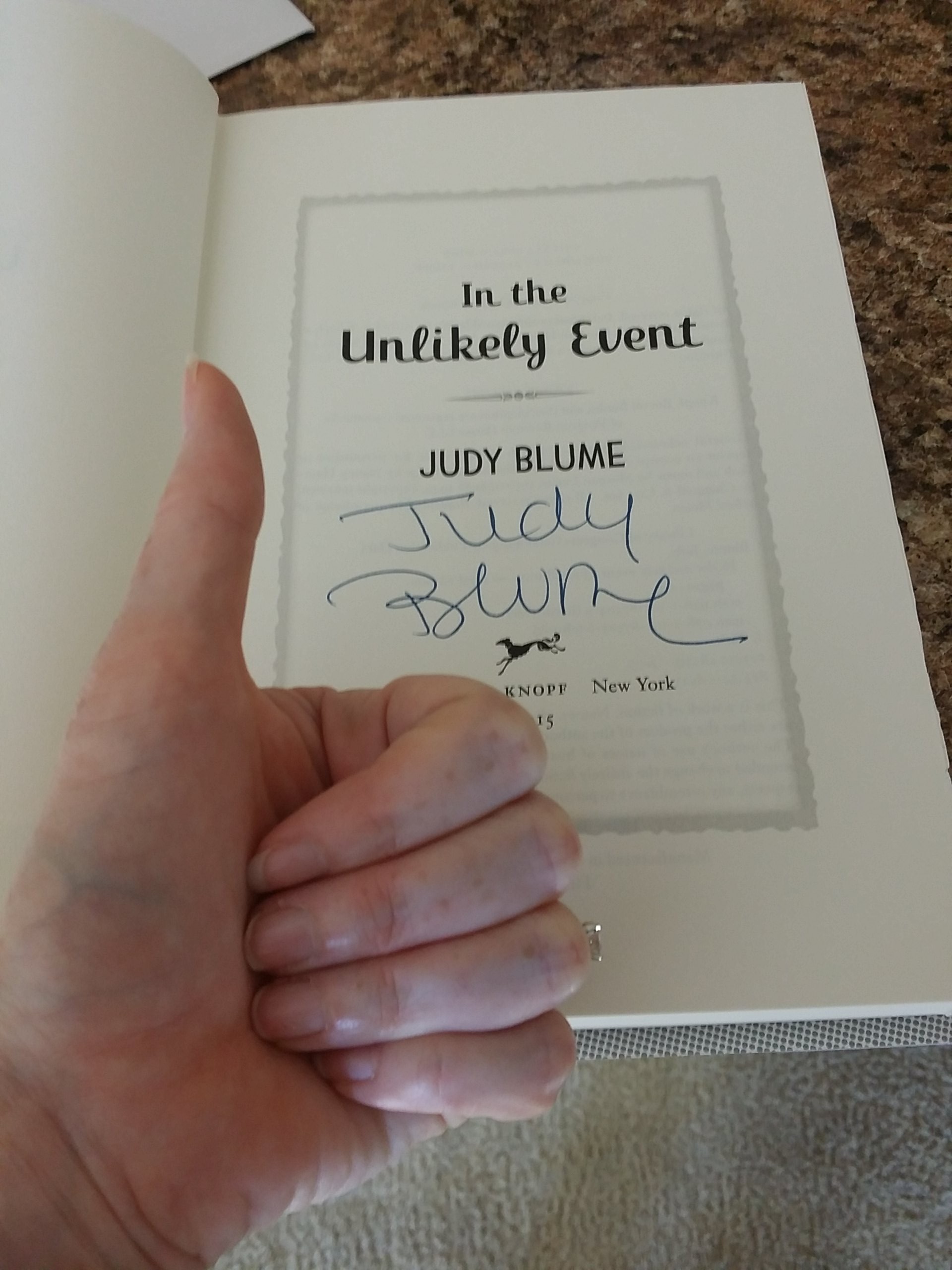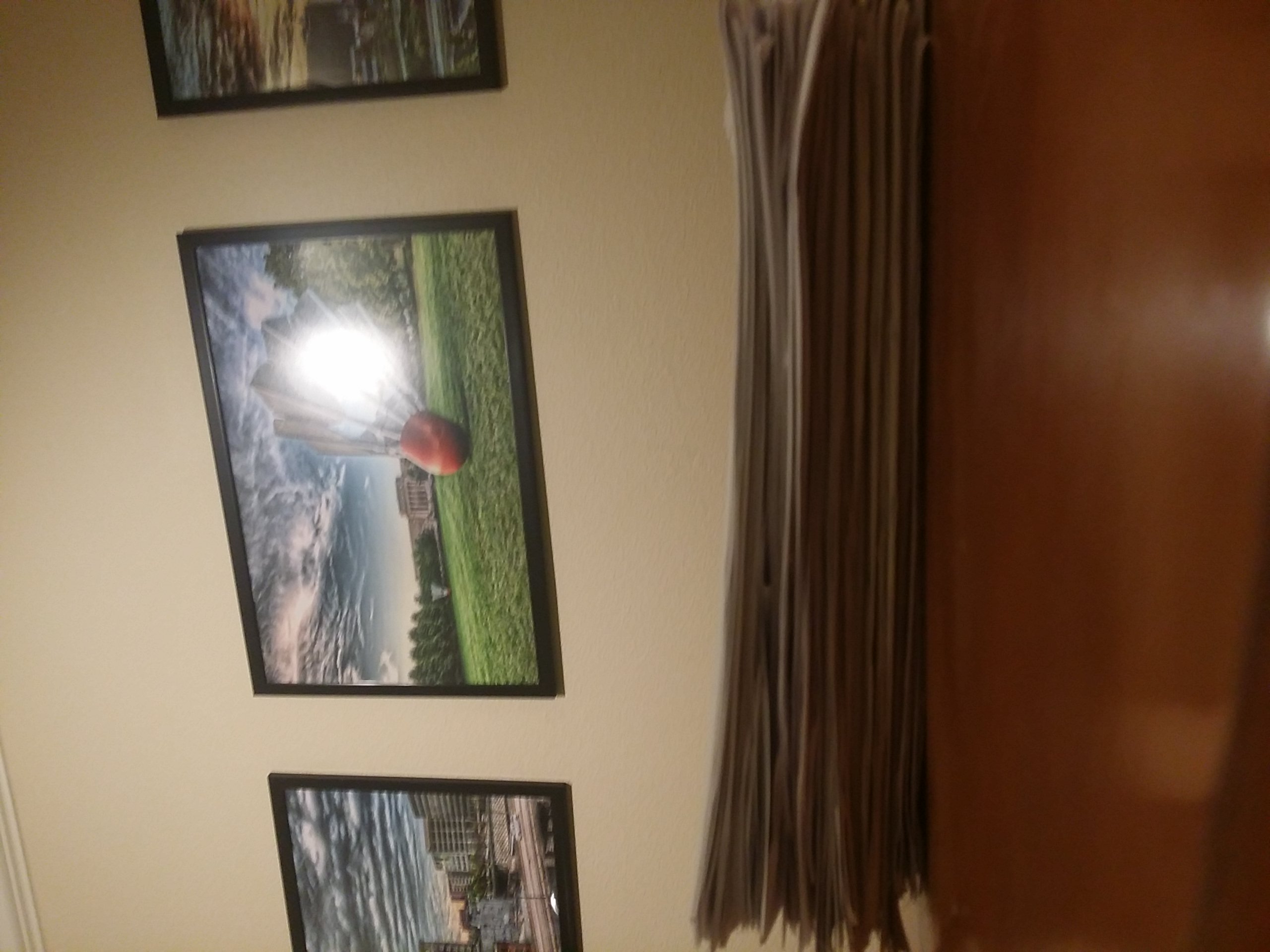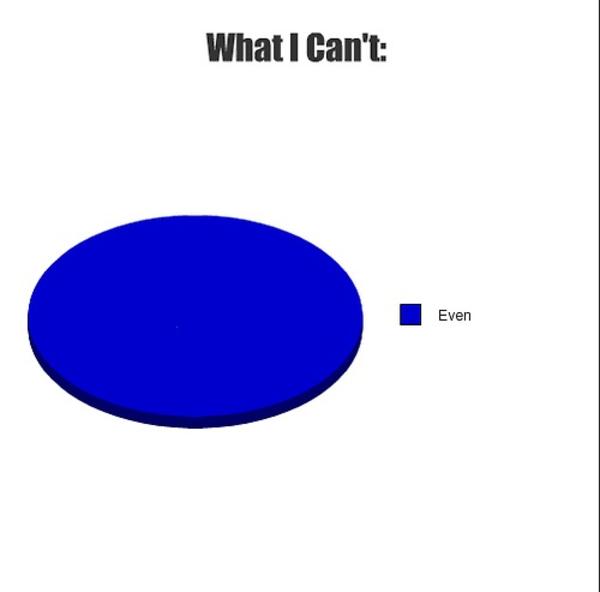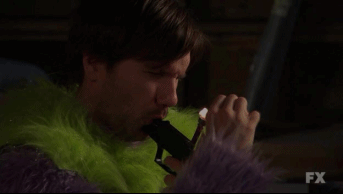On top of finishing my third novel, working a full time job, and taking care of two 10-month-olds, I have also recently been training for the Austin half-marathon, which I ran last weekend. By ran, sadly, I mean I injured a muscle in my back in the lamest way possible a couple days before the race, got to run about 5 minutes before my body compelled me to wuss out, and got to walk my gimpy ass back to the car. Not my finest moment. In fact, it was even worse than the day during training that I needed to complete a 7-mile run…
Unlike my protagonist in COMMUNITY KLEPTO, I much prefer running trails to running on pavement or even worse, surrounded by four walls and digital beeps. There is a relatively new trail (it’s been there for quite some time, but the city only recently made it official) that I’d been wanting to try out so I decided to drive to the trailhead and do my long run for the week there. I was curious to explore it A) because the trail connects to the one that leads to my office B) to see if it was a stroller friendly trail I could take the girls on sometime. (I’ll spare you the suspense. It’s not, and that will not happen for many years, if ever.) I parked the car with my full set of keys inside and took my spare car key with me, tucked securely in my flipbelt along with my phone, ID and – in case of emergency – my medical insurance card.
As soon as I finished stretching out and started jogging on the trail, it started raining. It had rained the day before, too, but I’ve always found running in the rain to be masochistically exhilarating so I just kept going. Within two minutes, I hit my first “low-water crossing,” where the creek was running over the trail. I managed to hop over some rocks sticking up out of the creek and got right back to running. It was about a minute before I hit another one. Then another. Then another. About this time, I said screw it and just decided to start running through the water. After all, it might pour rain the day of the half marathon (it didn’t) and I needed to train for every possibility. Plus if I tried to pussyfoot around every low-water crossing, all of which were completely submerged by the creek, I’d be running for half the day. I splashed through a couple more sections of trail covered by the creek when I hit a crossing so low that water was rushing right up around my knees. I was determined to stay undeterred, so I started jogging through it.
And that’s when I fell in the creek. I didn’t go completely under, but got everything below the waist and the entire right side of my upper body submerged. As I trudged myself up out of the water, my first instinct was to pull out my phone and make sure it was okay. Plus I needed to check my GPS tracker. It hadn’t told me I’d gone a full mile yet, and I definitely felt like I’d done at least a mile. My phone was fine, and it informed me I’d almost gone one mile. Just 6 more to go! About this time, I was feeling dejected from falling in the creek and continuing to get rained on, and I started to consider taking a mulligan and trying again next week. But then, just as I turned around to go back to the car, the opening lines of Beyonce’s Halo started playing in my ears, and it was as though Queen Bey herself was lifting me up out of the creek, cheering me on to keep going.
So I pressed on, running through a few more low-water crossings like an excited toddler before I finally reached the part of the trail on higher ground and hit my stride (meaning a faster than 16-minute mile, which is how long that first one took). Things were going great right up until I hit the section of the trail where I believe the intention was to become Spider-Man to get across…
 I later discovered that there used to be a bridge here but it got washed out by a freak storm. Of course the knowledge did not help me at the time, and I was forced to find another way to cross the water. This is when I started to veer wildly off the trail. I found myself dodging vines and trying to avoid tripping over fallen tree branches, but I was 3 or so miles in and I wasn’t getting rained on anymore, so I counted it as an adventure. Or I did right up until one of the vines ripped a hole in the ass of my brand new running pants.
I later discovered that there used to be a bridge here but it got washed out by a freak storm. Of course the knowledge did not help me at the time, and I was forced to find another way to cross the water. This is when I started to veer wildly off the trail. I found myself dodging vines and trying to avoid tripping over fallen tree branches, but I was 3 or so miles in and I wasn’t getting rained on anymore, so I counted it as an adventure. Or I did right up until one of the vines ripped a hole in the ass of my brand new running pants.
This was where I had to pull out my phone again, see how hopelessly lost I was, and backtrack my way to the broken bridge. That super squiggly part on the map? That’s me, post-butt-hole.
 The trip back to the car was far less eventful, having familiarized myself with the trail. It also went a lot quicker than I expected, so when I reached the trailhead where I entered, I realized I was still a mile short of my goal. Since I still had Beyonce as my ear-cheerleader, I was not motivated to cut my run short. That loop on the opposite end of the map? That’s me running laps around a liquor store. Classy.
The trip back to the car was far less eventful, having familiarized myself with the trail. It also went a lot quicker than I expected, so when I reached the trailhead where I entered, I realized I was still a mile short of my goal. Since I still had Beyonce as my ear-cheerleader, I was not motivated to cut my run short. That loop on the opposite end of the map? That’s me running laps around a liquor store. Classy.
I get back to my car, proud of myself for completing the full run despite the many adventurous obstacles thrown at me along the way, and go to pull my spare car key out of my Flipbelt only to discover it isn’t there. No worries, I think, knowing that the other set is in the car and whenever the key is in range, the hatchback can be opened. There must be a time limit on that convenience feature (that’s less than 1:33), because that didn’t work either. I ended up calling AAA and waiting in the parking lot of a liquor store with part of my butt poking out until the guy showed up to rescue me.
 So, I ended my run 7 miles richer and one car key poorer, and I didn’t even get to run the damn half-marathon anyway. So much for my glorious post-pregnancy comeback! I wouldn’t even be able to write this kind of scenario up for my Community Klepto character because it would be completely unbelievable as fiction, but I’d be remiss if I didn’t recount it for y’all. Like Beyonce said, a little sweat ain’t never hurt nobody. I guess my glorious comeback will just have to come in the form of my next novel…
So, I ended my run 7 miles richer and one car key poorer, and I didn’t even get to run the damn half-marathon anyway. So much for my glorious post-pregnancy comeback! I wouldn’t even be able to write this kind of scenario up for my Community Klepto character because it would be completely unbelievable as fiction, but I’d be remiss if I didn’t recount it for y’all. Like Beyonce said, a little sweat ain’t never hurt nobody. I guess my glorious comeback will just have to come in the form of my next novel…

